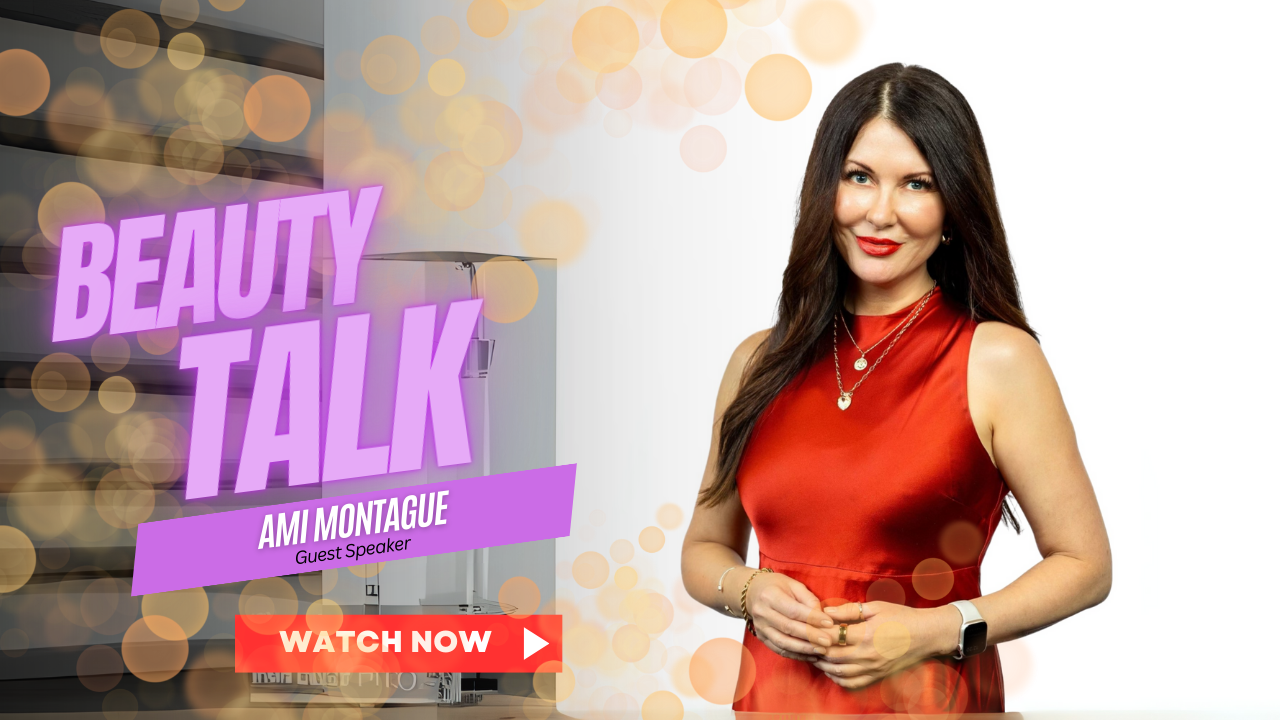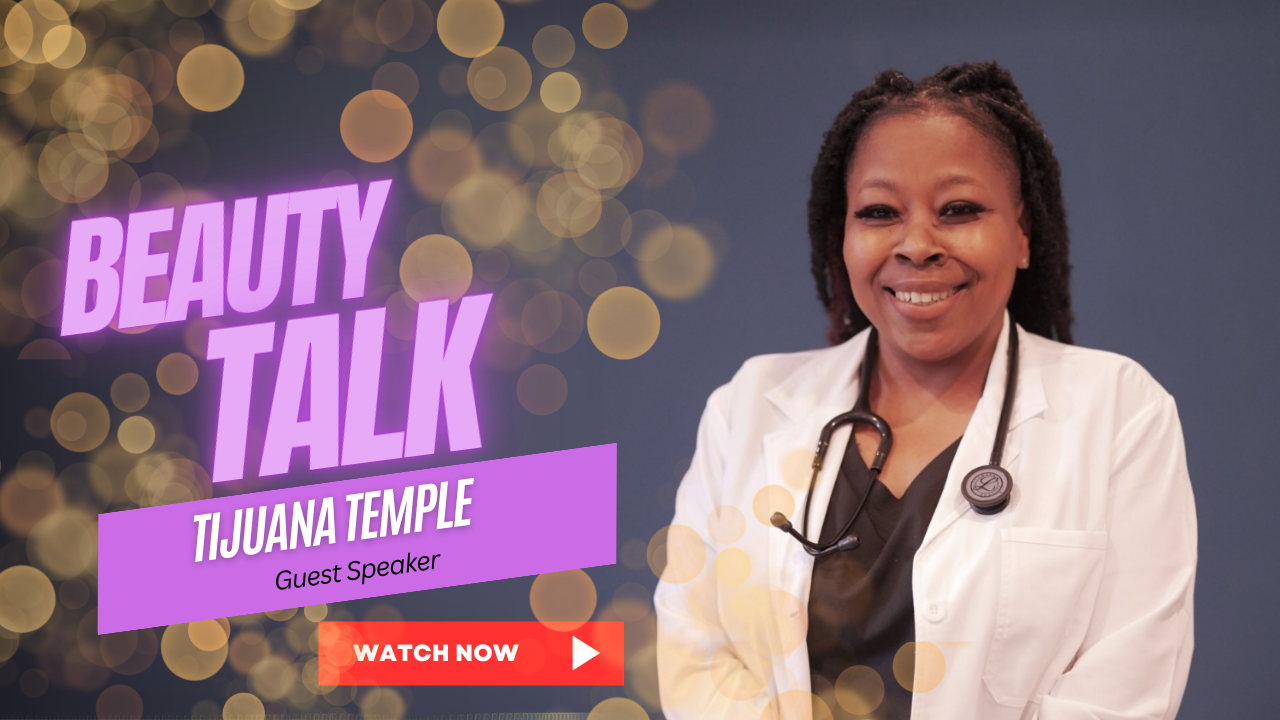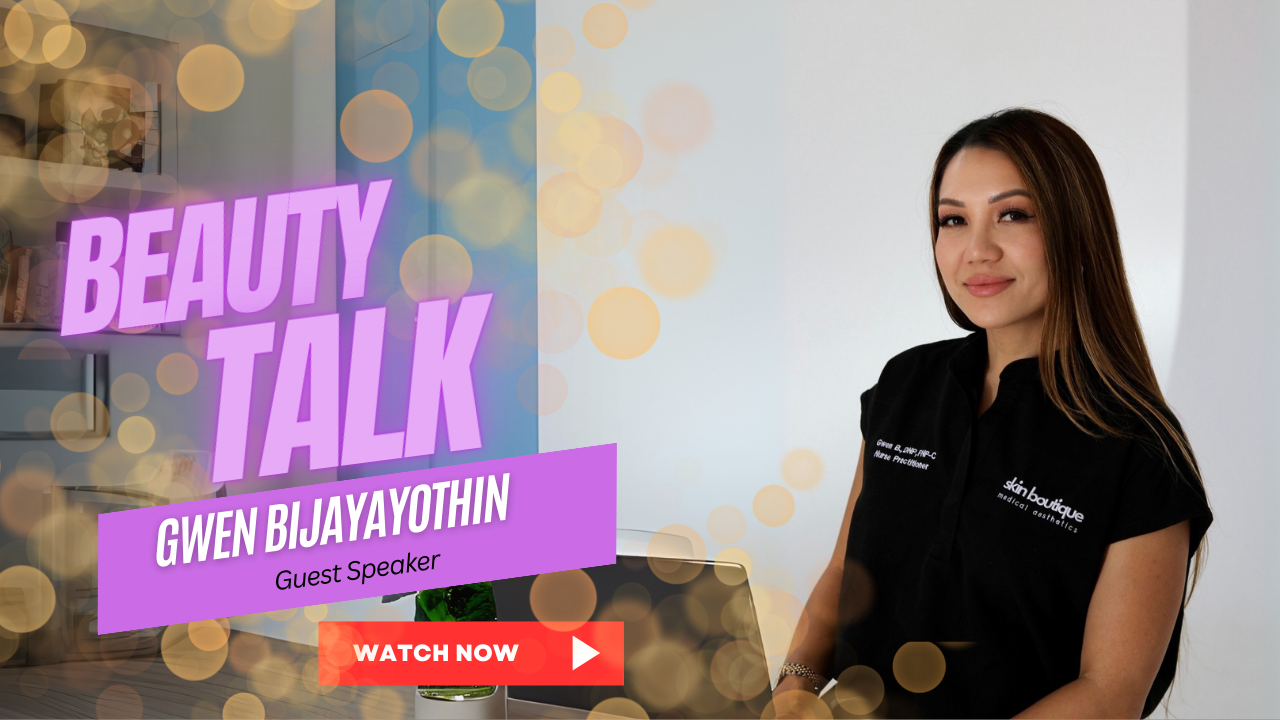Google Ads vs. Facebook Ads: Best Choice for Better ROI
Are you trying to decide between Google Ads and Facebook Ads to maximize your marketing ROI? This decision is crucial as it can impact the effectiveness of your digital advertising strategy. With both platforms offering unique advantages, knowing which one will best suit your business goals can be challenging.
In this blog post, we will compare Google Ads and Facebook Ads, providing insights to help you make an informed decision. By the end, you’ll understand the strengths and weaknesses of each platform and know how to choose the one that aligns with your business objectives for optimal ROI. Ready to navigate the world of online advertising and make the best choice for your brand? Let’s dive in.
1. Understanding the Basics
Before diving into a detailed comparison, it’s important to understand the basic differences between Google Ads and Facebook Ads. Google Ads, also known as Google AdWords, primarily operates through search engine marketing (SEM). It allows businesses to bid on keywords so that their ads appear at the top of Google search results, targeting users actively searching for specific products or services.
In contrast, Facebook Ads function within the social media ecosystem, enabling businesses to target users based on interests, demographics, and behaviors. Facebook Ads appear on users’ news feeds, stories, and in other placements within the Facebook ecosystem, including Instagram and Messenger. The main difference here is intent: Google Ads target users with specific intent based on their search queries, while Facebook Ads target users based on their profiles and interests.
2. Cost and Budgeting Considerations
When comparing the costs associated with Google Ads and Facebook Ads, it's essential to consider the nature of your business and target audience. Generally, Google Ads have a higher cost-per-click (CPC) than Facebook Ads due to the high competition for search keywords. However, the intent-driven nature of Google searches can lead to higher conversion rates.
Facebook Ads tend to be more affordable, making them an attractive option for businesses with smaller advertising budgets. They offer a lower CPC and can be highly effective for brand awareness campaigns, as they allow you to reach a wider audience based on demographic targeting. However, the conversion rates might be lower if the ads do not align perfectly with user interests.
3. Targeting and Audience Reach
Both Google Ads and Facebook Ads offer robust targeting options, but they excel in different areas. Google Ads target users based on keywords, geographic location, and user behavior on Google properties. This makes it a powerful tool for businesses looking to reach users who are actively searching for specific products or services. Additionally, leveraging Google Reviews can enhance your Google Ads campaigns by building trust and credibility with potential customers.
Facebook Ads, on the other hand, excel in demographic and psychographic targeting. They allow advertisers to target users based on age, gender, location, interests, and behaviors. This can be incredibly effective for businesses looking to build brand awareness and engage with potential customers on a more personal level. The platform's advanced audience segmentation and retargeting capabilities make it easier to reach and engage with specific customer segments.
4. Ad Formats and Creativity
When it comes to ad formats, both Google Ads and Facebook Ads offer a variety of options to suit different marketing objectives. Google Ads focus primarily on text-based ads, although they also offer display ads, shopping ads, and video ads through YouTube. The text ads are designed to be highly relevant to the user's search query, offering concise and direct information.
Facebook Ads provide a wide range of creative ad formats, including image ads, video ads, carousel ads, slideshow ads, and more. These formats allow businesses to create visually engaging content that captures the audience's attention and encourages interaction. The platform's emphasis on creative visuals makes it ideal for businesses that rely on strong branding and storytelling to connect with their audience.
5. Measuring ROI and Performance
One of the most important aspects of choosing between Google Ads and Facebook Ads is understanding how each platform measures ROI and performance. Google Ads typically deliver more immediate and measurable results due to their intent-driven nature. The platform provides detailed analytics and conversion tracking, allowing businesses to see how their ads directly impact sales and leads.
Facebook Ads, while also providing robust analytics and tracking tools, often require a more nuanced approach to measuring ROI. The platform excels in building brand awareness and nurturing customer relationships over time. Therefore, businesses may need to track a wider range of metrics, such as engagement, reach, and customer lifetime value, to fully understand the impact of their Facebook advertising campaigns.
Pros and Cons of Using Google Ads
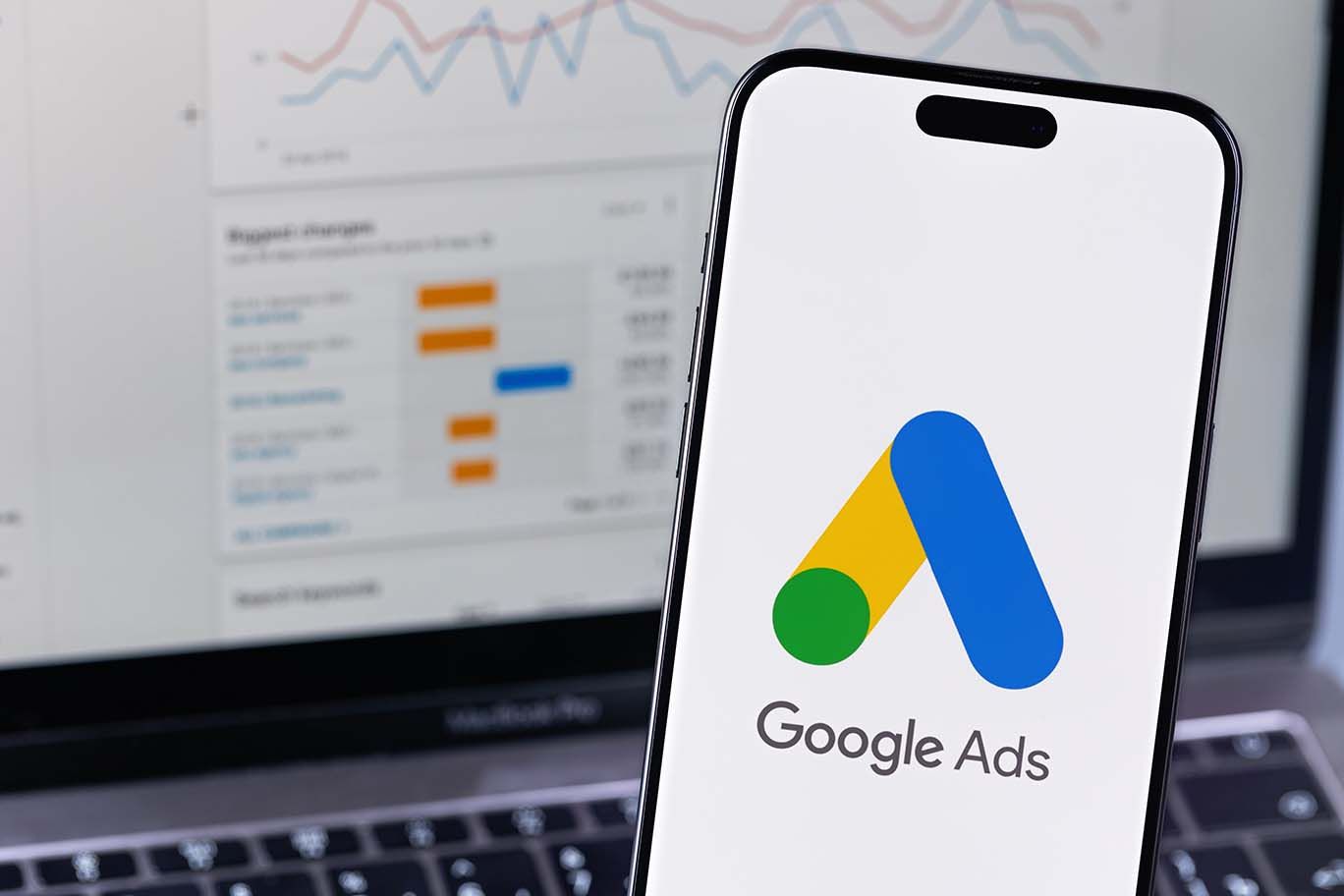
Pros:
1. High Intent Targeting:
- Google Ads allow you to target users who are actively searching for specific products or services, which often translates to higher conversion rates.
- Users are typically further along in the buying process, increasing the likelihood of making a purchase.
2. Wide Reach and Visibility:
- Google is the most popular search engine globally, providing a vast audience reach.
- Ads can appear across a network of search and display partners, increasing brand visibility.
3. Detailed Analytics and Tracking:
- Google Ads provide robust analytics tools, allowing you to track conversions, measure performance, and adjust campaigns in real-time for better results.
- Access to detailed metrics like click-through rates (CTR), cost-per-click (CPC), and return on ad spend (ROAS) enables precise campaign management.
4. Diverse Ad Formats:
- Options include search ads, display ads, shopping ads, and video ads on YouTube, catering to various marketing objectives.
- Google Reviews can be integrated to build trust and credibility with potential customers.
Cons:
1. Higher Cost-Per-Click (CPC):
- Google Ads often have a higher CPC compared to Facebook Ads, especially for competitive keywords.
- Businesses may require a larger budget to compete effectively.
2. Complexity and Learning Curve:
- Managing Google Ads can be complex, requiring a good understanding of keyword research, bidding strategies, and ad copy optimization.
- It can be challenging for beginners to navigate without professional guidance.
3. Limited Visual Appeal:
- Search ads are primarily text-based, which may limit creative expression compared to visual platforms like Facebook.
Pros and Cons of Using Facebook Ads
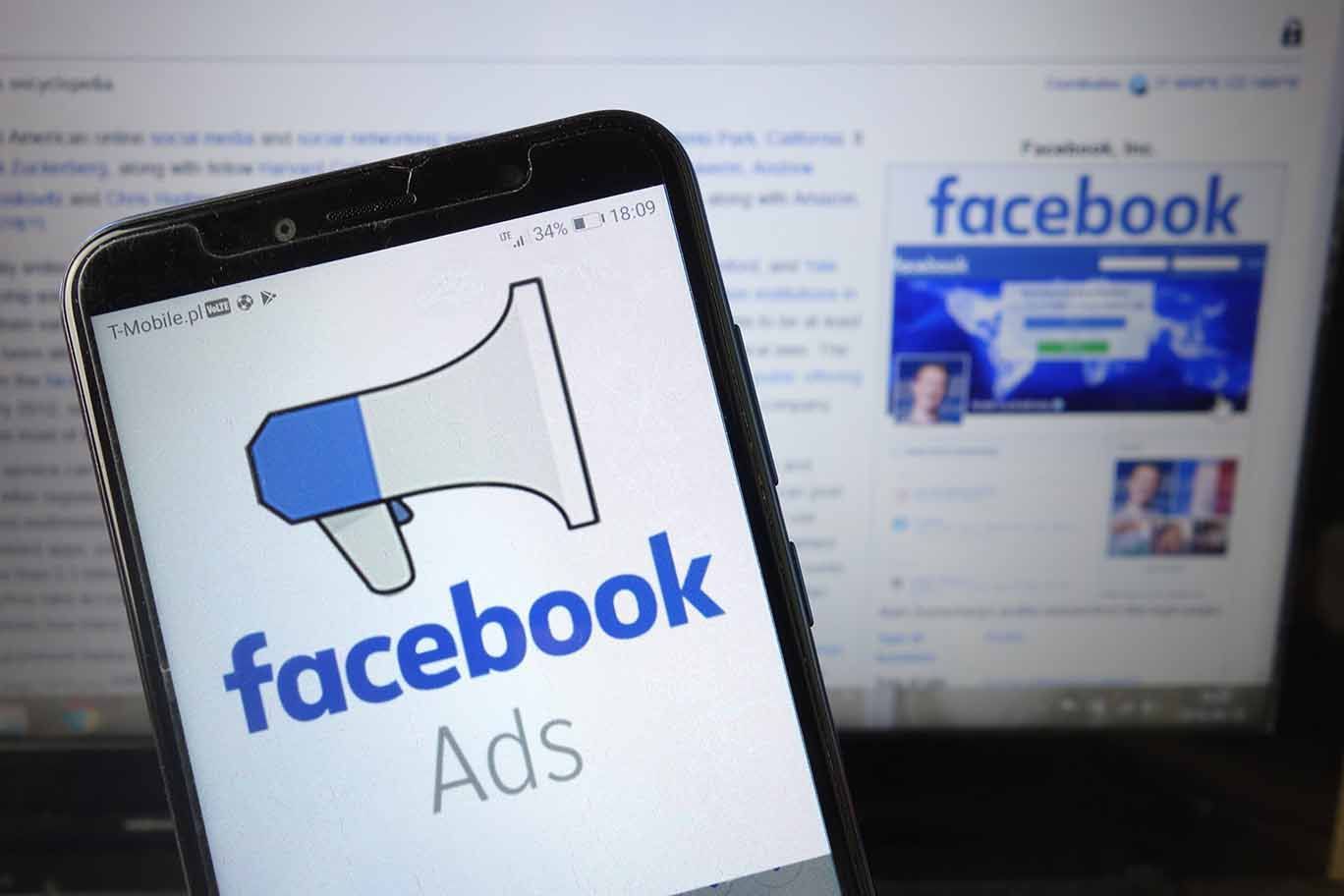
Pros:
1. Advanced Targeting Capabilities:
- Facebook Ads allow for detailed demographic and psychographic targeting, enabling advertisers to reach specific audiences based on interests, behaviors, and demographics.
- Custom audiences and lookalike audiences help in retargeting existing customers and finding new potential customers.
2. Cost-Effective:
- Generally, Facebook Ads have a lower CPC than Google Ads, making them a more affordable option for businesses with limited budgets.
- Flexible budgeting options allow for more control over ad spend.
3. Creative Ad Formats:
- Facebook offers a variety of engaging ad formats, including image ads, video ads, carousel ads, and more, allowing for greater creative expression.
- The platform's visual nature makes it ideal for brands that rely on strong imagery and storytelling.
4. Strong Engagement:
- Facebook Ads are integrated into users' news feeds, where they can interact with ads through likes, shares, and comments.
- This fosters a sense of community and encourages interaction with your brand.
Cons:
1. Lower Conversion Intent:
- Users on Facebook are typically not actively searching for products or services, which can result in lower conversion rates compared to Google Ads.
- It may take longer to convert users into customers, requiring more nurturing and engagement.
2. Ad Fatigue:
- Due to the platform's highly engaging nature, users may experience ad fatigue more quickly, leading to decreased effectiveness over time.
- Regular updates and fresh creative content are necessary to maintain audience interest.
3. Privacy Concerns and Policy Changes:
- Facebook's frequent policy changes and increasing focus on user privacy can impact targeting capabilities and ad performance.
- Advertisers must stay informed about platform updates to ensure compliance and optimal campaign performance.
By understanding the pros and cons of Google Ads and Facebook Ads, you can better determine which platform aligns with your business goals and audience preferences, ultimately improving your ROI.
Choosing between Google Ads and Facebook Ads depends on your business goals, budget, and target audience. If you aim to capture users with high purchase intent and are willing to invest in higher CPCs, Google Ads may be the better choice. On the other hand, if you're focused on building brand awareness and reaching a wider audience with creative content, Facebook Ads could be the ideal platform.
Ultimately, both platforms offer unique advantages that can complement each other in a comprehensive digital marketing strategy. If you're unsure which platform is right for your business or want to optimize your current advertising efforts, book a call with us at EDNA Digital Marketing. Our team of experts will guide you in developing an effective advertising strategy that maximizes your ROI and drives meaningful results. Let's work together to take your digital marketing to new heights.





